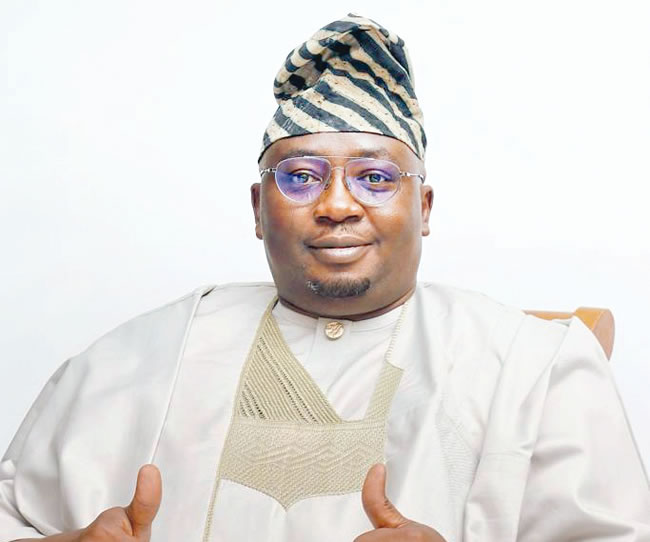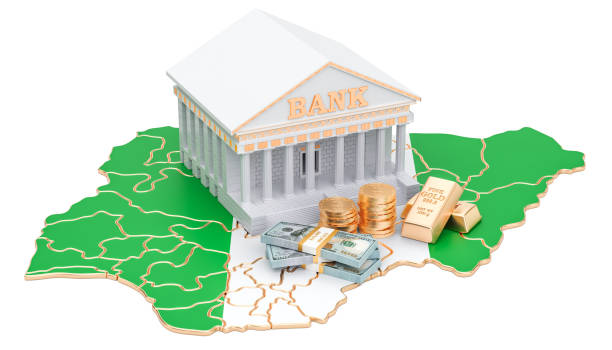The Nigerian government disclosed that the country generates approximately 40,000 megawatts of electricity from generators fueled by petrol (Premium Motor Spirit) and diesel (Automotive Gas Oil).
This reliance on backup generators, revealed Minister of Power Adebayo Adelabu, is costing the nation tens of billions of naira daily.
Join our WhatsApp ChannelAddressing the key challenges facing Nigeria’s electricity reliability at the Ministerial Summit on Integrated National Electricity Policy and Strategic Implementation Plan, Adelabu emphasized the urgent need to transform the current ratio between backup electricity generation and on-grid supply.
READ ALSO: 700MW Zungeru Hydropower Plant 99% Ready – Minister Of Power Reveals
“Nigeria is caught in a deep electricity paradox,” stated Adelabu during his speech. “The cost of this extreme inefficiency in electricity supply is measurable in tens of billions of naira daily.”
He highlighted the stark contrast in electricity consumption per capita between Nigeria and neighboring countries, citing Nigeria’s consumption at 140 kilowatt-hours in 2021, nearly three times lower than the Sub-Saharan African average.
The minister stressed the need to rectify this disconcerting situation, redirecting funds currently expended on generators to savings, consumer spending, and tax revenue for the government.
Adelabu proposed an overhaul in the structure of Nigeria’s electricity transmission. He advocated for restructuring the Transmission Company of Nigeria into two distinct entities: the Independent System Operator and the Transmission Service Provider.
This, he argued, should synchronize with the evolving landscape of State Electricity Markets, promoting decentralization into regional grids interconnected by a higher voltage national or super-grid.
Moreover, the minister urged collaboration between stakeholders to leverage the vast resources held by Pension Fund Administrators, totaling over N17 trillion, for strategic capital infusion into the Nigeria Electricity Supply Industry (NESI).
Highlighting the importance of cooperation between states, Local Government Areas, and Distribution Companies (Discos), Adelabu emphasized the need for investment in reinforcing and extending local distribution infrastructure.
He underscored the significance of encouraging investment through state-level policymaking and regulation to attract private capital into domestic electricity markets.
The Minister’s address has sparked discussions around fundamental reforms in Nigeria’s electricity sector, urging collaborative action to resolve the nation’s electricity paradox and transition toward more sustainable and efficient power generation and distribution systems.
Emmanuel Ochayi is a journalist. He is a graduate of the University of Lagos, School of first choice and the nations pride. Emmanuel is keen on exploring writing angles in different areas, including Business, climate change, politics, Education, and others.

















Follow Us